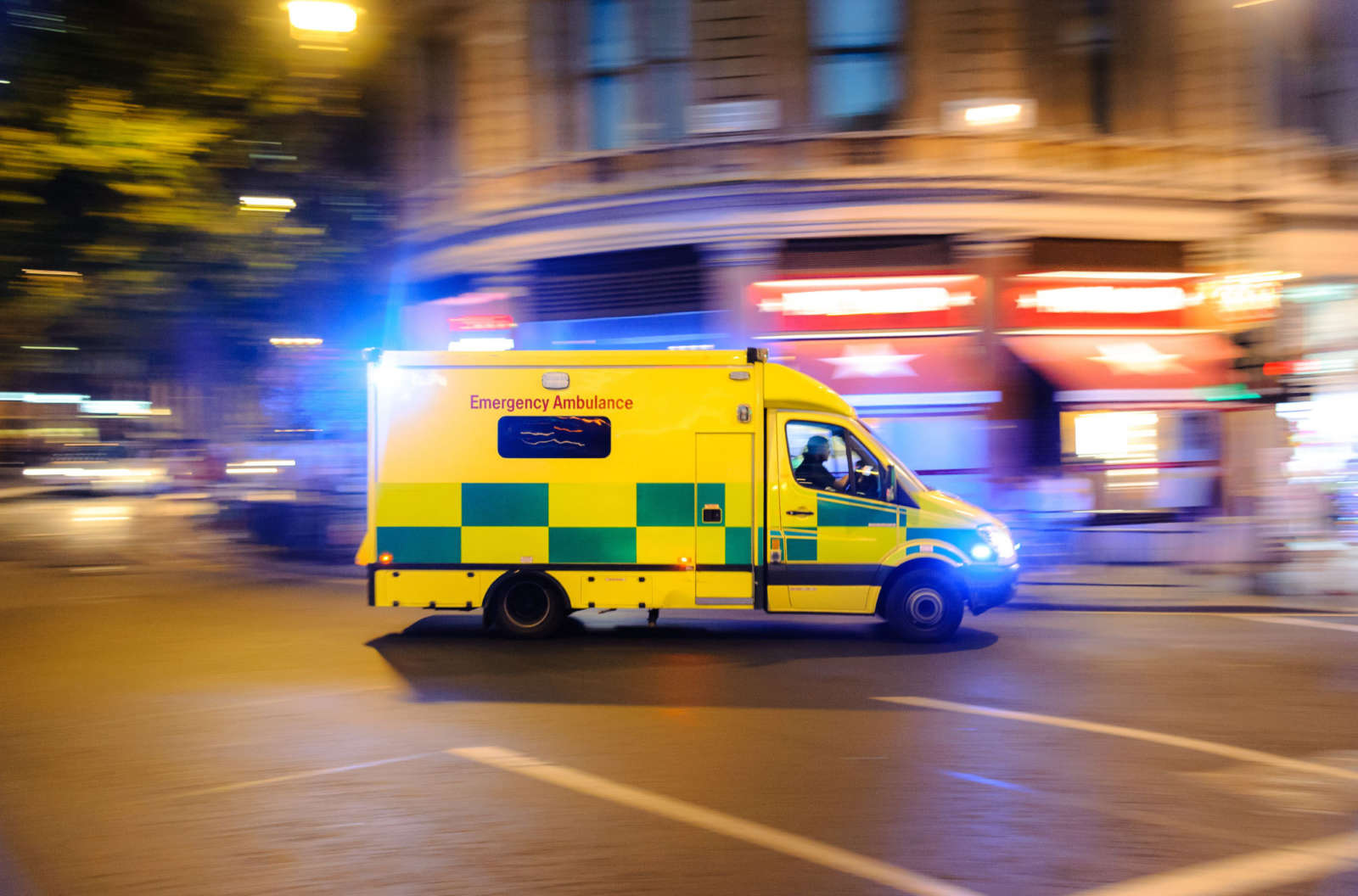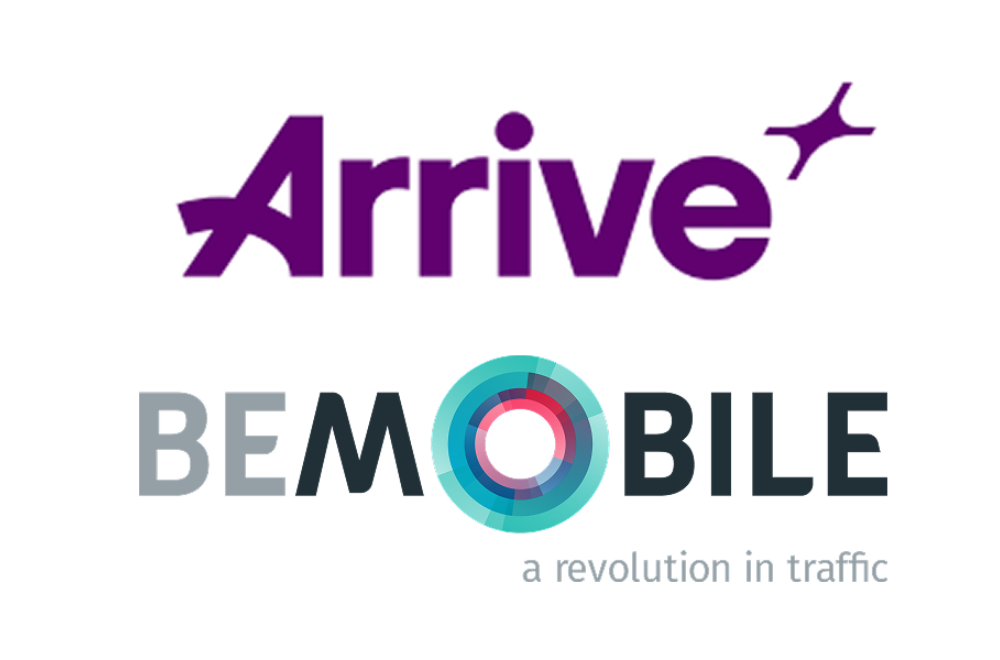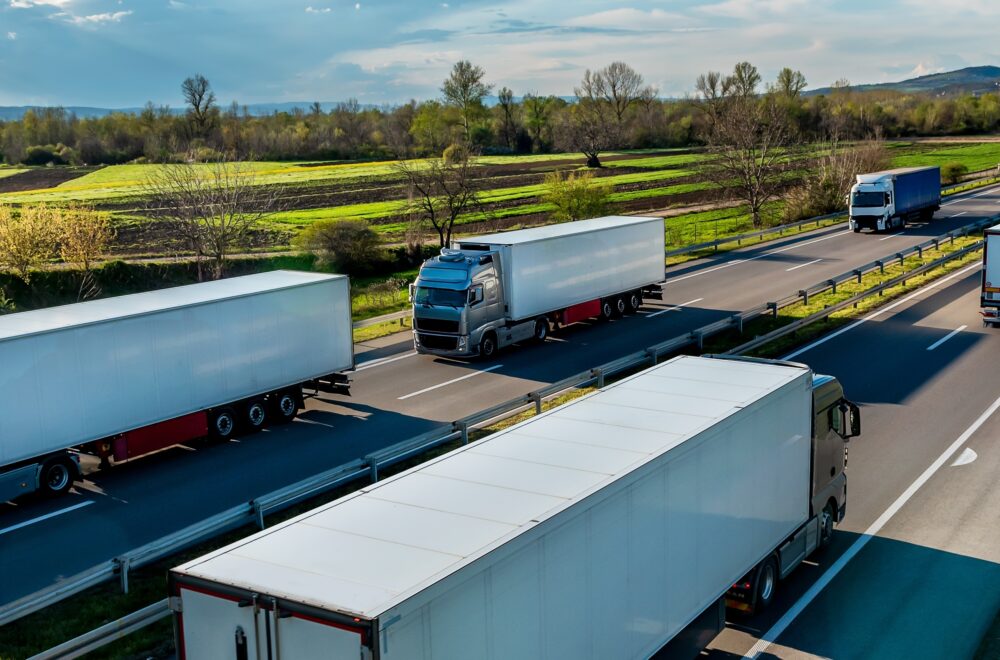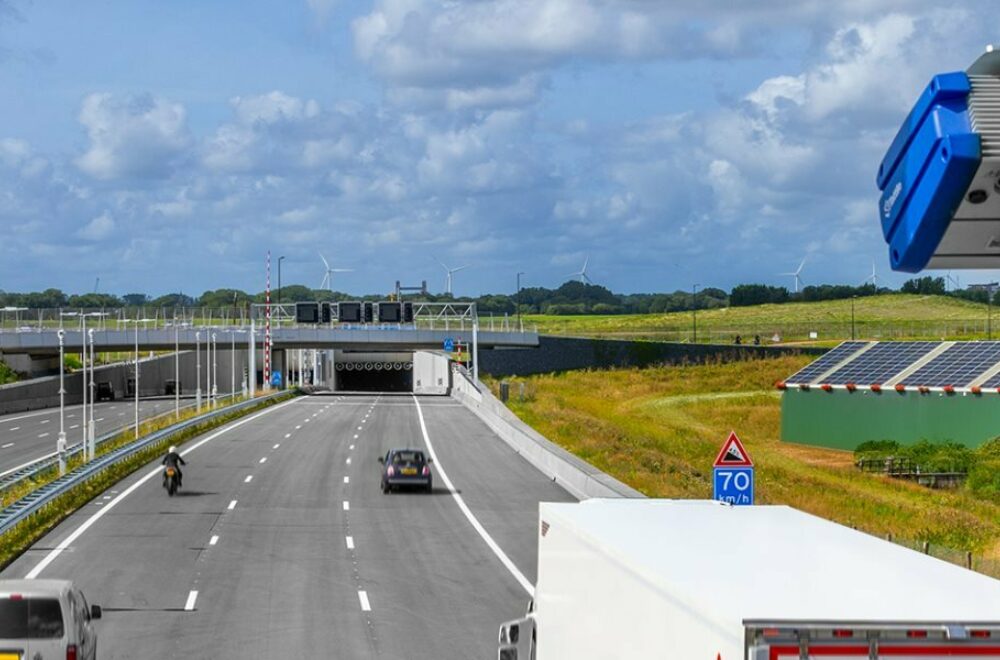
26 July 2019
For several years now Be-Mobile and its Dutch subsidiary Flitsmeister have been closely cooperating with the Dutch government to improve traffic flows and enhance road safety all over the country. Together we are actively integrating C-ITS technology (Cooperative Intelligent Transport Systems). This means that we enable vehicle-to-vehicle communication, vehicle-to-infrastructure communication and infrastructure-to-vehicle communication. Recently, the partnership between Be-Mobile and the Dutch government set the first step towards hitting another milestone: traffic light priority.
Traffic lights and drivers exchange information about their situation
In Deventer the local government installed the first smart traffic lights that enable bidirectional communication with vehicles. On the one hand, this will allow them to communicate their time-to-red and time-to-green to drivers so they can better anticipate when the lights will change and, accordingly, adapt their driving behavior. On the other hand, they will also be able to receive data from the vehicles. The smart traffic lights use anonymous driver location data to assess when and where a vehicle is driving, compare it to the current traffic situation and decide if the conditions allow to switch the light to green.”
Priority for emergency services, public transport & logistics vehicles
Even though it has only just started with one set of traffic lights in one city, the plan is to roll out the service on a national level. Five types of vehicles will be able to request priority: ambulances, fire trucks, police vehicles, buses and logistics vehicles. The technology warns surrounding drivers that these vehicles are approaching, so they can give way in time and secure everyone’s safety. The current 1.6 million Flitsmeister users already have this functionality in their app. Time to start downloading the app!
Download Flitsmeister now!
This functionality is part of the Talking Traffic project. It is an innovation partnership between public and private parties aiming at improved road safety and reduced CO2 emissions. Key in this project is putting the current infrastructure to better use with the goal to counter the overcrowded roads from today.




